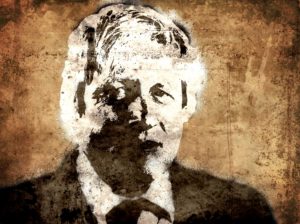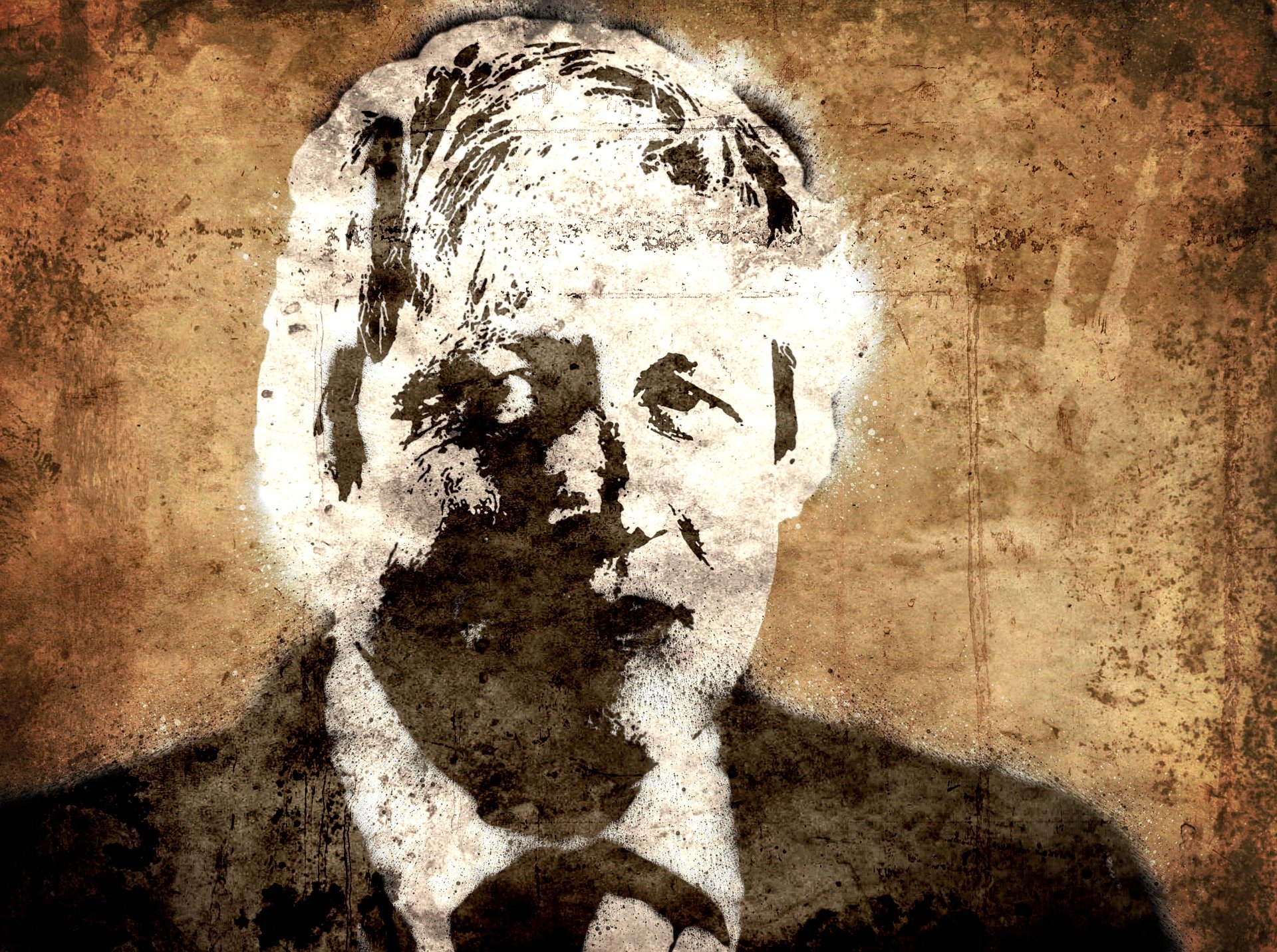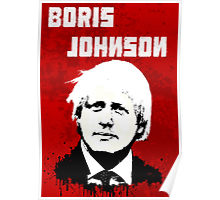Dr Ben Worthy, Director of the MSc in Government, Policy and Politics, shares his analysis on the prospects and promises of the candidates in the running to be the next Conservative Party leader.
One thing we can say for certain is that our next Prime Minister, whether Truss or Sunak, will be a takeover leader. This means that they get to Downing Street through internal party procedures rather than a general election. But is there a curse for ‘takeover’ Prime Ministers?
Most Prime Ministers who take over from another leader rather than win an election have short, unhappy times in office. To give you a flavour, here’s the list of post-war takeovers:
- Anthony Eden (1955–57)
- Harold Macmillan (1957–63)
- Alec Douglas-Home (1963–64)
- James Callaghan (1976–79)
- John Major (1990–97)
- Gordon Brown (2007–10)
- Theresa May (2016–2019)
- Boris Johnson (2019-2022)
With probably one exception, this is not a list of successful or happy Prime Ministers. In fact, it looks pretty much like a list of failed leaders, with at least one name that should make you shout ‘who?’ As you can see, most didn’t spend long in Downing Street and most struggled to get past the three-year mark, with only Macmillan and Major as exceptions.
So why is it cursed? It’s partly because a leader ‘taking over’ doesn’t get the ‘bounce’ or legitimacy from winning an election. It’s also because the reason you are there. A takeover is because there’s been some sort of crisis, normally one that was big or severe enough to make your predecessor resign. This means that often, you inherit a crisis and a divided party. Prime Minister Sunak or Truss will lead a party divided over the economy, and the rather poisonous legacy of Boris Johnson. The leadership debates seem to be making it worse, as some Conservatives have made clear.
As well as the curse, our new Prime Minister faces huge challenges and expectations. As has been clear in the debates so far, the public expect the Prime Minister to do something about the many crises that are facing the UK, from the cost of living and inflation to the buckling of public services and threat of climate change which has appeared in our homes and on our doorsteps in a way that makes it hard to deny. On top of this there is Covid, which has not gone away, and Brexit, which is continuing to cause ruptures everywhere from Dover to Belfast. You can see an expert analysis by Full Fact, which looks at whether the candidates’ pledges will solve the problems we face.
Conservative MPs and members have another, even higher hope, which is that the new leader can win an election. The UK must dissolve Parliament for a General Election by 17 December 2024 at the very latest, though the new Prime Minister can call one any time before, thanks to Johnson abolishing the Fixed Term Parliament Act. This power is not to be sniffed at, and can be worth 5 points in an election.
But for a takeover Prime Minister to win an election is a tall order. Boris Johnson did, of course, in 2019 and John Major did in 1992. Before that it was Harold Macmillan, way back in 1959, when he famously told a heckler “you’ve never had it so good” (a phrase Liz Truss has repeated).
The numbers seem against our new PM repeating this trick, as neither Truss or Sunak are polling well. As of July 2022, Labour hold an 11 point lead over the Conservative party. Although Sunak has flagged up a YouGov poll showing he has the ‘edge’ over Truss in attracting swing voters, it’s only a 2 point difference, and both are rather far behind Keir Starmer. As YouGov explains “neither can be characterised as popular.” This is made worse by the fierce leadership debates, which have handed Labour large amounts of pledges and quotes to use back at whoever wins.
 Hovering in the background is the fact that both Truss and Sunak were major figures in Johnson’s government and are connected to his reputation and legacy. Truss described herself as a Johnson ‘loyalist’ while Sunak was fined for attending a ‘Partygate’ party. To my disappointment, but not my surprise, both candidates have vowed to continue Johnson’s bizarre immigration policy, which was condemned by the UN Refugee agency. Both leaders could find a sulking Johnson could do a great deal of damage to them, whether on the backbenches or back writing newspaper columns.
Hovering in the background is the fact that both Truss and Sunak were major figures in Johnson’s government and are connected to his reputation and legacy. Truss described herself as a Johnson ‘loyalist’ while Sunak was fined for attending a ‘Partygate’ party. To my disappointment, but not my surprise, both candidates have vowed to continue Johnson’s bizarre immigration policy, which was condemned by the UN Refugee agency. Both leaders could find a sulking Johnson could do a great deal of damage to them, whether on the backbenches or back writing newspaper columns.
So, what can they do? Takeovers can succeed by pretending to be different, and representing a new start, as John Major did after Thatcher in 1990. But with little money and room for manoeuvre, what else can they do?
One option is to go for eye catching policies. Truss has committed to a new law against Street Harassment (which, conveniently, Johnson rejected), while Sunak has called to make similar activities illegal and promised a women’s manifesto.
Another option is to do something to create distance from their predecessor. As the Full Fact report points out, “one of the defining legacies of Boris Johnson’s premiership has been its bulldozing of political trust and erosion of citizens’ faith in democratic politics and politicians.” This YouGov poll of Conservative members found “honest/integrity” to be the two most desirable traits in their new leader.
My guess is they’ll opt for some sort of transparency, which can actually help create a sense of newness and distance at the same time. Governments often promise openness to show they are ‘better’ than whoever went before. Tony Blair offered a Freedom of Information Act in 1997 and David Cameron, all sorts of ‘open data’ on government spending. It could be something relatively small. Truss has already suggested new data on police performance and both leaders have promised to publish their own tax returns. They could promise to open up ministerial diaries, something, conveniently, Boris Johnson has refused to do. In an effort to seem less corrupt, and clean the system, they could publish more systematic data about lobbying or Ministers’ or MPs’ interests. The new Prime Minister could even commit to a new ethics regime, or embrace an inquiry, perhaps even borrowing Labour’s idea for a new ‘super watchdog’ Ethics and Integrity Commission to watch over lobbying and Ministers interests.
This could create distance and be a symbol they’ll be ‘different’… but it won’t be enough to stop the curse.
References:
Worthy, B. (2016). Ending in failure? The performance of ‘takeover’ prime ministers 1916–2016. The Political Quarterly, 87(4), 509-517. https://onlinelibrary.wiley.com/doi/epdf/10.1111/1467-923X.12311
More Information:







